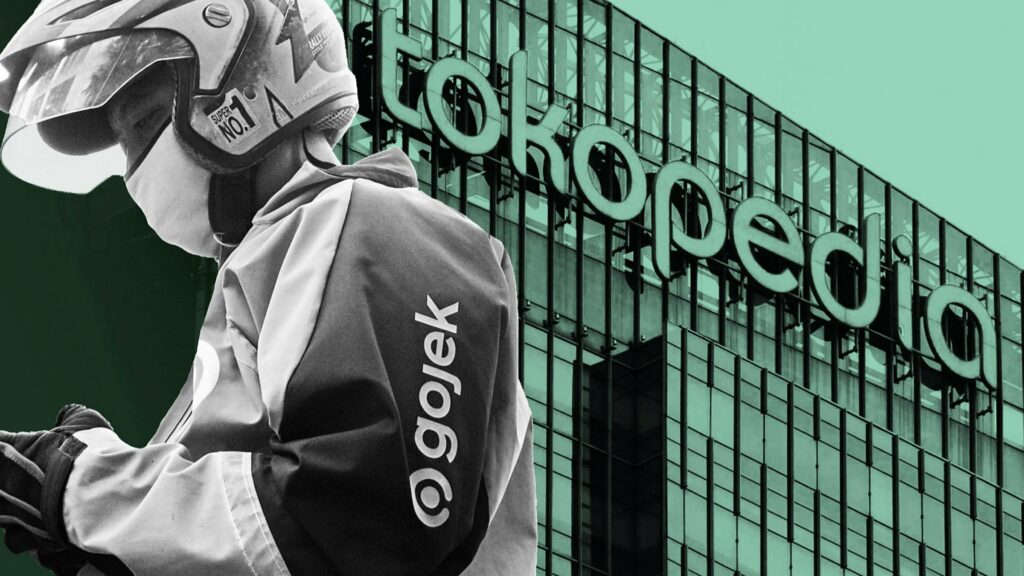Grab battles effects of pandemic ahead of New York listing

Grab Holdings updates
Sign up to myFT Daily Digest to be the first to know about Grab Holdings news.
Grab, the south-east Asian company behind the world’s biggest merger with a “blank cheque” group, has reported slower growth as it grapples with continued coronavirus-related disruption ahead of its delayed $40bn New York listing.
The Singapore-based company’s first-quarter update came as government-enforced lockdowns to contain the Delta coronavirus variant sweeping across south-east Asia hit its ride-hailing business, which makes up a third of its revenues.
Total gross merchandise value (GMV) — the total value of transactions on Grab’s platform — increased 5 per cent to $3.6bn, which one Asia-based fund manager described as “low” for a growth company. This was partly because the number of monthly transacting users on the platform fell 20 per cent from 29.7m to 23.8m, compared with the same period in 2020.
Grab, which offers ride-hailing, delivery and financial services across eight markets, including Indonesia, Vietnam and the Philippines, announced a record merger deal with a special purpose acquisition company (Spac) in April, which would value the business at $40bn and lead to it being listed in the US.
But the environment for the Singaporean super app has changed since its merger was announced. The Covid-19 pandemic in Asia has significantly worsened since the first quarter. All of Grab’s six core markets are in various levels of lockdown or have movement restrictions in place, with mostly very low levels of vaccination rates.
Aided by its growing food delivery and financial units, Grab reported revenues of $216m for the first three months of 2021 — an all-time high. But net losses were $652m and the company reported a loss before interest, taxes, depreciation and amortisation of $111m, compared with $344m in 2020.
In addition to Asia’s worsening pandemic situation, enthusiasm for Spac deals has waned. The US Securities and Exchange Commission has become increasingly concerned about the market for blank cheque companies. Fundraising and dealmaking have started to slow, while private investment in public equity financing — a crucial source of extra cash for Spacs — has dried up.
In June, Grab postponed its listing until the end of the year. The company said it needed to work through a financial audit for the 2018, 2019 and 2020 financial years and was awaiting pre-clearance from the SEC regarding certain accounting policies.
The company said on Monday it had been able to deliver “strong growth” in the first quarter despite the crisis and still expected to list in the final quarter of the year.
Grab will combine with a New York-listed Spac launched by Altimeter Capital, a Silicon Valley group. Brad Gerstner, Altimeter founder and chief executive, said it was an “unprecedented time” for businesses to have to navigate.
“None of us could have anticipated this third wave of Covid which is hitting south-east Asia,” he said. “[Grab] has increased its market share in the face of this and when your core business is moving people around, these are impressive numbers.”
Chief financial officer Peter Oey said the business had shown “resilience and strong performance” during the second quarter. The company touted its growth opportunities in grocery delivery and financial services, including loans, to further offset weakness in its mobility unit.
The delivery business reported a 49 per cent surge in GMV to $1.7bn.
“The pandemic obviously hit ride-hailing hard, which slowed the overall growth,” said Jianggan Li, founder and chief executive at Singapore-based consultancy group Momentum Works. But the health crisis would provide a tailwind for the fast-growing delivery business, he said.
“If its IPO goes well later this year, Grab will probably be able to tap into more resources to grow more aggressively,” Li added.
As part of the update, Grab unveiled two new additions to its board of directors, including Zillow co-founder and chief executive Rich Barton as an independent director. Uber chief executive Dara Khosrowshahi also serves as an independent director.
Weekly newsletter
Your crucial guide to the billions being made and lost in the world of Asia Tech. A curated menu of exclusive news, crisp analysis, smart data and the latest tech buzz from the FT and Nikkei